Your login information returned multiple users. Please select the user you would like to log in as and re-type in your password.
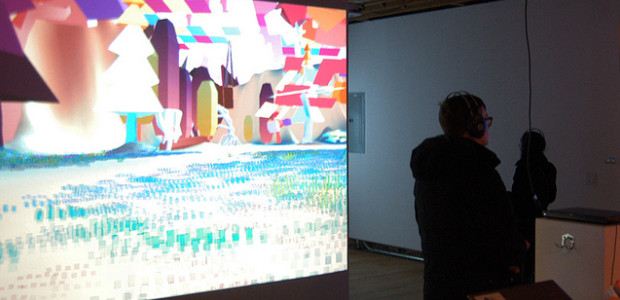
Between art games, indie games, shoot-bangs and RPGs there is one constant that ties all gamers together – the building of a community. I usually avoid playing online (hey, you try being a broke grad student paying for Internet while also being a female online) but with the ever increasing amount of game blogs, websites and everyone and their mother wanting to become a journalist, I will always be surrounded by a gaming community. This topic was a recurring theme at the Vector Game + Art Convergence festival which I spoke about in parts one and two of this feature. The festival brought together gamers from different backgrounds whether they are designers, academics, artists or players. What I found most amazing about the festival was its inclusivity and encouragement of women to participate in not only interacting with the medium but to make games too. There are many groups that are marginalized in the video game industry, but in this article I wanted to focus on the marginalization of women and how festivals like Vector are necessary to break those borders and create a safer space for women who are alienated.
If you’re an avid Twitter user you may have stumbled upon the hashtag #1reasonwhy which sparked in November and has been going strong since. The trend began when Games Project Specialist at Kickstarter Luke Crane tweeted, “Why are there so few lady game creators?” The responses created the #1reasonwhy trend where several women shared their experiences of sexism working as game developers, designers, or any part of the industry. It is eye opening, disappointing and inspiring enough for a sister trend to be created on Twitter - #1reasontobe. The second trend is to encourage women to stand up to the daily misogyny they face in the industry to create a supportive, safe community.
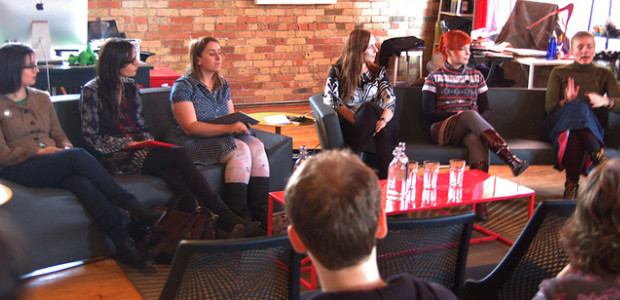
My #1reasontobe a game developer for women stems from two incredible organizations founded in Canada: Dames Making Games (DMG) in Toronto and Pixelles in Montreal. Both non-profit groups serve to educate women (and men) from different backgrounds on creating games in a safe and diverse environment. When I say “different backgrounds,” I mean that the members of these groups don’t even have to know anything about coding, game design, or modeling. The only requirement is to want to create a game. In a Vector panel on feminist in games, digital media artist Cindy Poremba mentioned that several women she has spoken to are too intimidated to create games because they don’t know how to code when in reality, “There are male designers who get full credit of video games who have not written a single line of code for that game.” I also found interesting that Cecily Carver, co-director of DMG, added many females who have qualifications in graphic design and 3D modeling are also viewing their inexperience in coding as a barrier. There seems to be a misconception that coding and programming is gendered and made for men, which to say out loud in 2013 is infuriating and depressing to say the least, and worsens when we consider the treatment of women when they finally do create their games and get a foot in the industry. If you’re not an avid Twitter user and haven’t been exposed to #1reasonwhy and #1reasontobe, you may have seen an article about the gender wage gap in game development has circled the Internet.
My experience at Vector did not end with panels. I mentioned in the second part of this feature that I had witnessed a Halo ballet and a LittleBigPlanet performance which used existing game engines to create art. I also had the opportunity to see game engines used for feminist performances, the first being Itagaki Interface (see the video above). Artists Daniele Hopkins and Kyle Duffield use their own bodies to challenge the exaggerated body designs (particularly the infamous jiggle physics) in the fighting game Dead or Alive. It was fascinating and hilarious to me to see the hesitation of many people in the crowd who had a lot of experience with DoA come up and mash combo sequences on the human body controllers, specifically on Daniele’s breasts. I noticed some male participants introduce themselves to her first or apologize in advance for interacting with the controllers which sparked a personal revelation for me – we constantly use and abuse hypersexualized female bodies in games, but if they were personified in front of us the experience would be uncomfortable because the degradation is now real. The second performance was by Angela Washko which centered on controlling other players in World of Warcraft over their definitions of feminism. She confronts them with the question, “What does feminism mean to you?” The responses varied and some were a lot like what you would see on the Internet including my personal favourite, “I hate feminazis!” One player in particular ran away and after being chased down by Washko (she was performing this in front of a crowd, so the pressure was on to receive some kind of response), the player admitted that she was a female who played under her boyfriend’s account and used male avatars in fear of being harassed by other players simply for being a woman. The performances had their humorous tones in their playfulness, but the message was loud and clear: games are not always a safe place.
I am very grateful for being able to experience a game festival like Vector which not only merged art and hacker culture into its game engines, but proved to me yet again the ubiquitous hostility in the industry and gaming community. I mentioned earlier and will repeat that of course this is not limited to women. There are art games I have interacted with in other exhibits that deal with being trans or experiencing emotions like grief and depression that would not be well received outside the niche of art performances. Online harassment is also not limited to gender – age, race, or simply having a different voice can be reason enough for others to bully and shame. If you need more proof of these problems, I urge you to visit Gamers Against Bigotry and Fat, Ugly or Slutty as examples of why we need to take control of this industry and ensure that the “gamer” identity is rewritten.
Credit to mrghosty for all images in this article. See more from the event here.
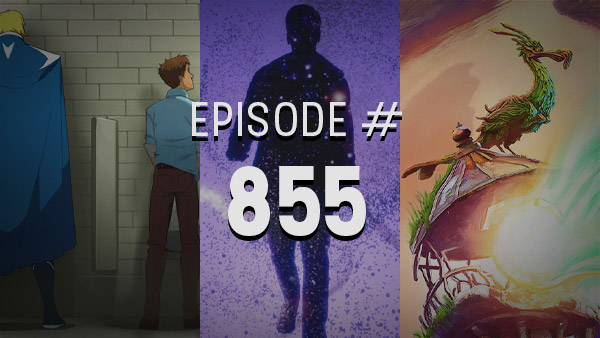
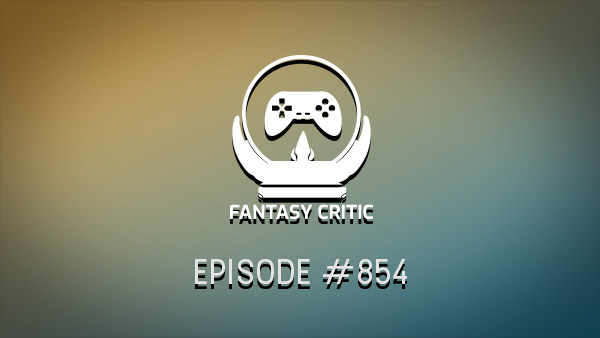
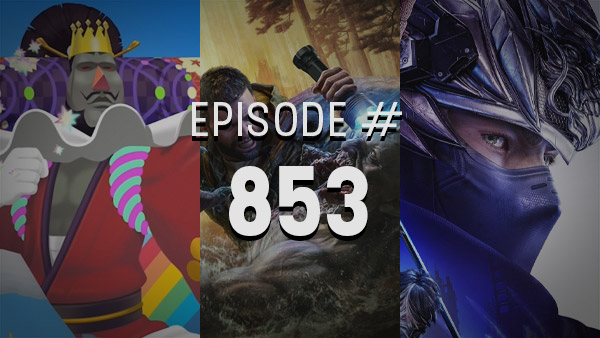
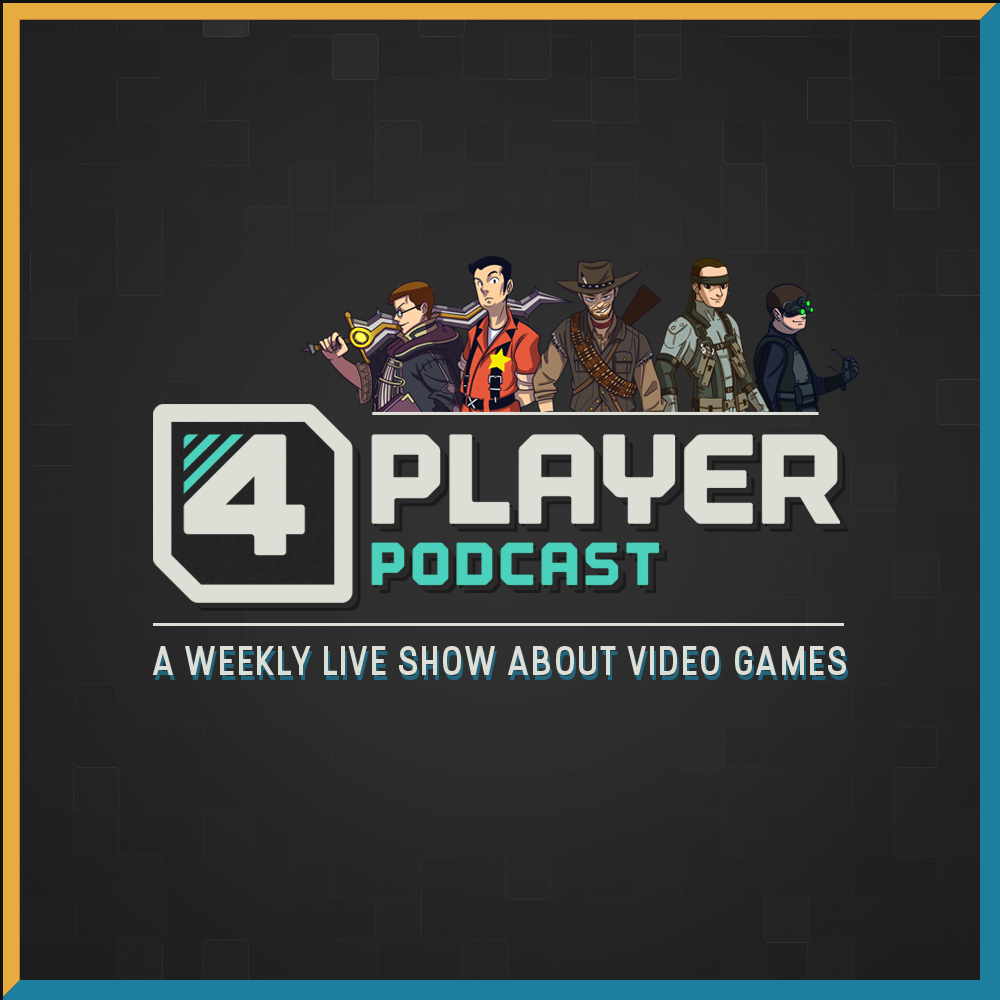
Comments
12 years, 8 months ago
The Toronto scene looks very inviting. There isn't that much of what you discussed in Florida. This is actually making me consider studying abroad in Canada for these events. Hmm...
I'm glad to see that people are confronting these issues in gaming culture and is becoming more common place. It's better to have the problem discussed and confronted in creative ways, than nothing but silence & passiveness.
12 years, 8 months ago
I'm actually moving out to Vancouver very soon for a working holiday: I may have to look into Dames Making Games. Wish I'd been there for Vector, this alongside your previous two articles have really made me even more keen to engage with gaming as art at future official community events. Planned on heading down past the border to Seattle for PAX Prime anyway, here's hoping that festivals and events on art & gaming pop up in Vancouver or Toronto soon as well.
Good stuff Soha!